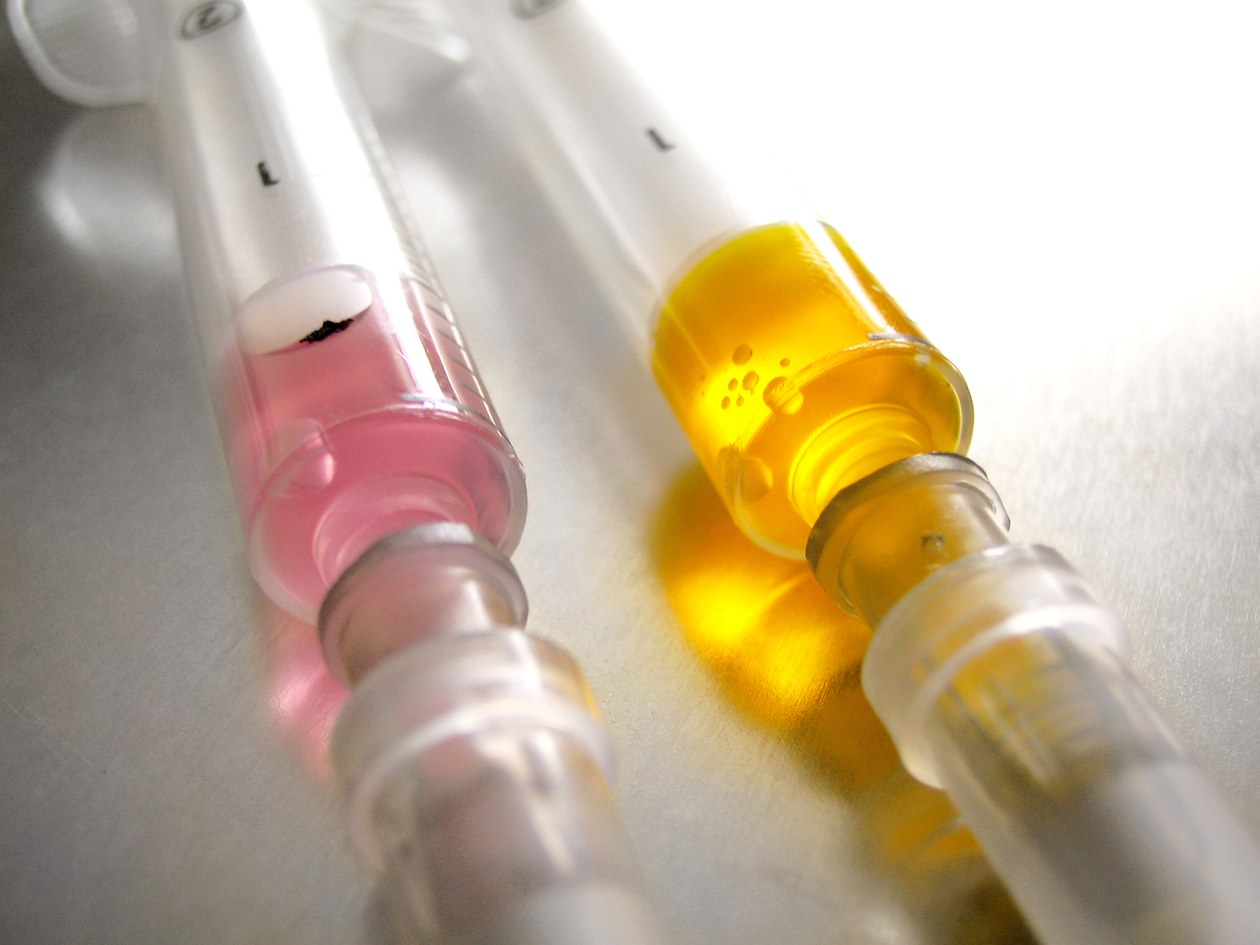3 Easy Steps to Set Up Your Appointment
- Fill out the form.
- We will call you within one business day to confirm.
- Show up and receive topnotch care for your pet.
If you need to change your appointment, give us a call at least 24 hours before your scheduled time.
Important Note:
Do not use the appointment form in case of an emergency. Call or visit us right away.
For emergencies, please telephone us immediately at 212-724-2697. Appointments are required. Our dedicated team of veterinarians and technicians are here to provide expert care for your pet.
PLEASE CALL FOR AVAILABILITY. APPOINTMENTS ARE REQUIRED, EVEN IN THE CASE OF AN EMERGENCY.
Our address is: 194 Riverside Blvd New York, NY 10069
Click here for directions to our Manhattan location.

Animal Health: When to Call The Vet
When your pet is acting differently and you’re not quite sure what the problem is, it could be an early symptom of an illness or even a dire emergency. Below are a few rules of thumb when assessing your pet’s health.
UNUSUAL BEHAVIOR? LETHARGY?
A lethargic, unresponsive pet is a red flag and indicates they're probably not feeling well. If your pet won’t eat, seems weak or unable to stand, do not wait.
PAIN?
Pain, indicated by crying, panting and restless pacing, should not be ignored. Pain can also be indicated by a reluctance to move around.
LAME?
Limping that persists more than a few hours warrants a call to the veterinarian. Paralysis, usually indicated by your pet unable to stand or dragging a leg with or without pain, needs emergency care.
SWELLING AND/OR BLEEDING?
Bleeding from the mouth, nose or rectum demands immediate attention, as does a painful eye held closed.
UNABLE TO GO TO THE BATHROOM?
Male cats seen straining in the litter box may have a dangerous urinary tract blockage. Dogs seen straining or having urinary or bowel movement more often than usual should be reported.
LABORED BREATHING?
Steady labored breathing is a sign of serious trouble. Call your veterinarian immediately. Constant coughing or gagging also needs to be checked. Is your pet having seizures? Seizures are a serious neurologic condition that must be monitored. Call your veterinarian immediately. Signs of a seizure include shaking, lying on the floor and paddling the legs, loss of awareness of surroundings, possible loss of bladder and bowel control, excessive salivation, and/or a clamped jaw.
EXCESSIVE VOMITING OR DIARRHEA?
Even healthy dogs vomit and have an occasional upset stomach, but when these symptoms become excessive, it could indicate a very serious problem. Call your veterinarian immediately and keep a close eye on your pet. Even if they are not seriously ill, ignoring these symptoms could lead to dehydration or worse.
UNCONSCIOUS OR DIFFICULTLY WAKING UP?
Dazed behavior can occur with fever, metabolic disease, ingestion of medications meant for people, changes in blood sugar levels, or diseases of the brain. It’s important to have your pet examined that day.
IS YOUR PET REFUSING TO EAT OR DRINK?
Your pet should not go more than a day without drinking. If your dog or cat won’t eat their usual meal but will hungrily scarf down treats or table food, this may mean a problem exists. Call your veterinarian if food is vomited more than once in a day, the normal appetite does not return in two to three days, or if your pet acts well but refuses to eat for more than 24 hours.
Sometimes your pet may not act very ill but problems persist for more than a day or two. Coughing frequently, vomiting or diarrhea more than twice or limping and walking gingerly all merit a call to the veterinarian.
THE BOTTOM LINE IS THIS: If you are worried about your animal’s health, call your veterinarian. They are there to help you with your pet’s care and can identify potential problems specific to your dog or cat. It is better to report a minor problem and not let it escalate to an emergency.
Please note that smaller animals tend to have a much faster response to illness and disease. If your pet is less than 10 pounds, under one year, or elderly call your veterinarian as soon as you notice something is wrong. Don’t risk waiting.
If you worry your pet may be ill, please contact Dr. Haroush at our animal health center for questions about health and wellness, as well as treatment options for your loved one: (914) 941-4904.
